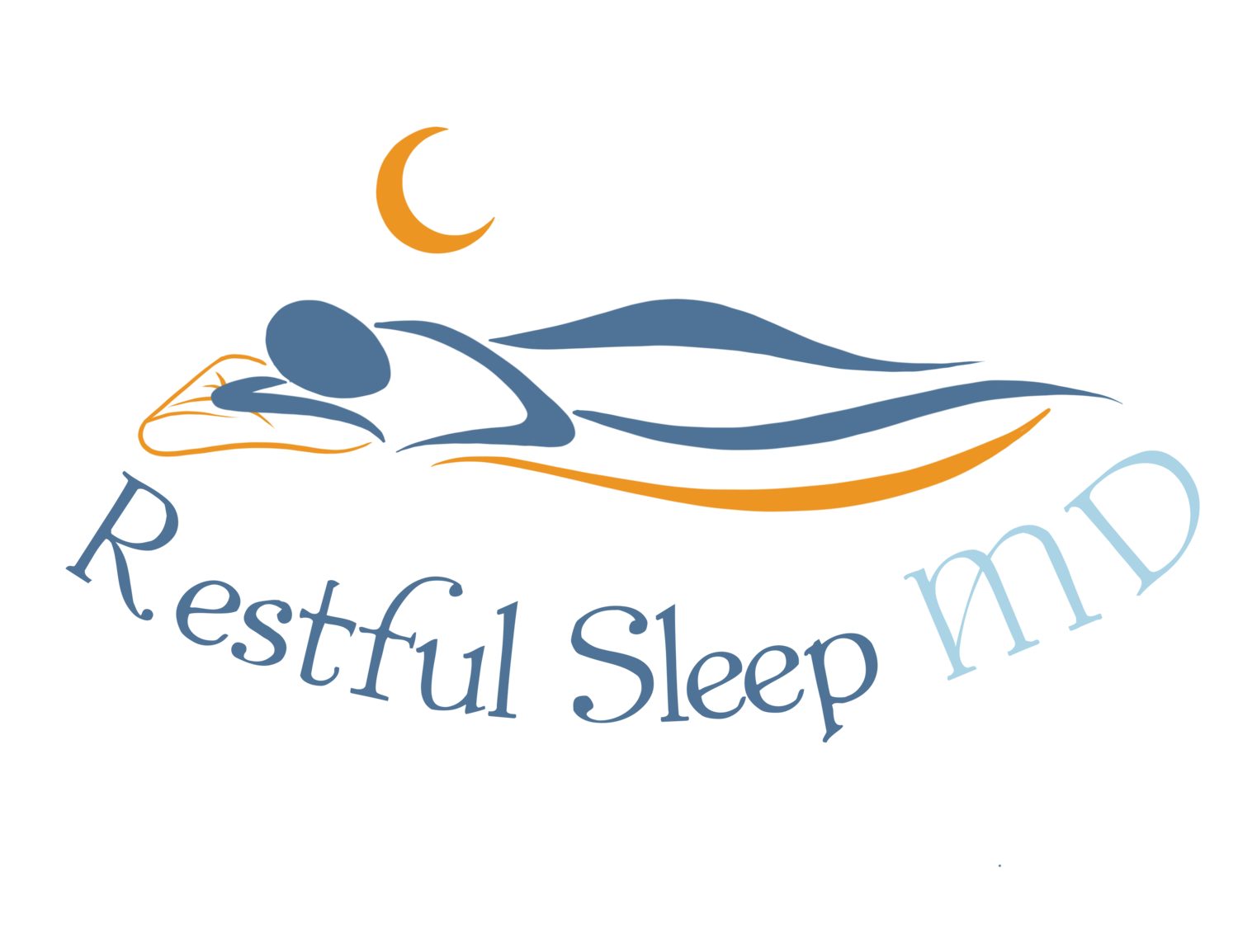Melatonin for Kids: A Complete Parent’s Guide to Safe Use and Natural Alternatives
Why Parents Ask About Melatonin
If your child struggles with sleep, you’re not alone. Bedtime battles, middle-of-the-night wakeups, and groggy mornings leave many parents exhausted and looking for solutions. One of the first questions I hear from parents is: “Should I give my child melatonin?”
Melatonin can sometimes help but it’s not always the first answer, and it’s never a one-size-fits-all fix. This guide will help you understand when melatonin is appropriate, how to use it safely, and natural strategies you should try first.
What’s Really Behind Your Child’s Sleep Struggles
Before considering melatonin, it’s important to know why your child is having trouble sleeping. Common culprits include:
• Difficulty falling asleep (bedtime resistance, overstimulation, or anxiety)
• Frequent night wakings
• Early morning wakeups
• Sleep anxiety (clinginess, fear of the dark, or nightmares)
• Inconsistent routines or late screen use
Most of these can be managed with behavioral and environmental changes before ever turning to supplements.
Natural Solutions to Try First:
Bedtime Routine - Children thrive on predictability. A calming, consistent sequence: bath, story, lights out sends powerful cues to the brain that it’s time to sleep.
2. Optimize the Sleep Environment - Cool, dark, and quiet rooms make falling asleep easier. Try blackout curtains, white noise, and breathable pajamas.
3. Manage Screen Time - Blue light delays melatonin production. Stop screen use 1–2 hours before bed and keep devices out of bedrooms.
Often, just tightening up these basics leads to big improvements.
When Melatonin May Be Considered
Melatonin should only be considered after healthy sleep habits are in place and under the guidance of a healthcare provider. It may be helpful if your child has:
• Delayed sleep phase (naturally staying up late, unable to fall asleep)
• Certain neurodevelopmental conditions (like ADHD or autism spectrum disorders)
• Trouble adjusting to time zone or schedule changes
Important: Melatonin is a hormone, not a vitamin. It should never be the first step, and never used long-term without medical supervision.
Safe Dosage Guidelines (with Supervision):
• Under 2 years: ❌ Not recommended
• Ages 2–3: Up to 1 mg
• Ages 4–5: Up to 2 mg
• Ages 6–10: Up to 3 mg
• Ages 11+: Up to 5 mg
Always start with the lowest effective dose and give it 30–60 minutes before bedtime.
Safety Checklist for Parents:
✅ Store melatonin in childproof containers (never mix with candy or gummies)
✅ Choose USP-verified products to ensure purity and dose accuracy
✅ Don’t use melatonin to “make good sleep better” — it’s for sleep disorders, not fine-tuning
✅ If your child needs melatonin every night, it’s time to consult a sleep specialist
When to Seek Professional Help
Melatonin won’t fix deeper sleep problems. Seek an evaluation if your child:
• Takes more than 30 minutes to fall asleep
• Wakes multiple times a night
• Is excessively tired during the day
• Struggles with focus, mood, or behavior due to poor sleep
• Has already tried sleep training or routines without improvement
At The Restful Sleep Place, we specialize in uncovering the root cause of children’s sleep struggles and melatonin is just one small piece of the puzzle.
Melatonin can be a helpful tool for some children, but it’s not a magic solution. The most powerful improvements come from consistent routines, optimized sleep environments, and professional guidance when needed.
If your child is struggling with sleep, you don’t have to figure it out alone.
Call us at (215) 607-8297 or visit www.therestfulsleepplace.com to schedule a consultation.



